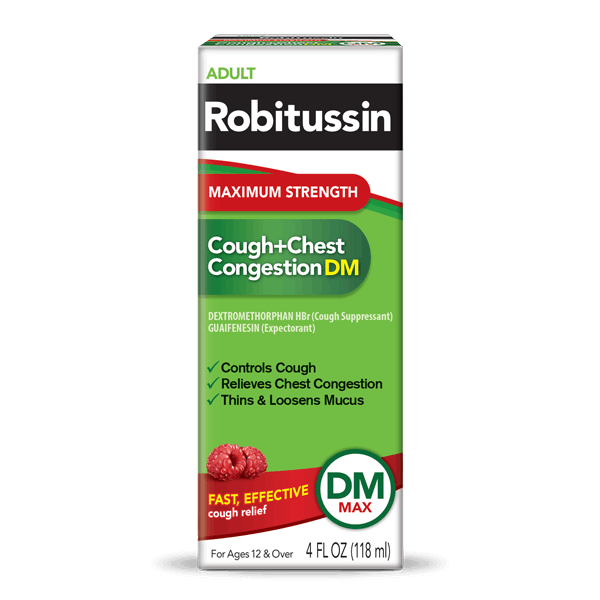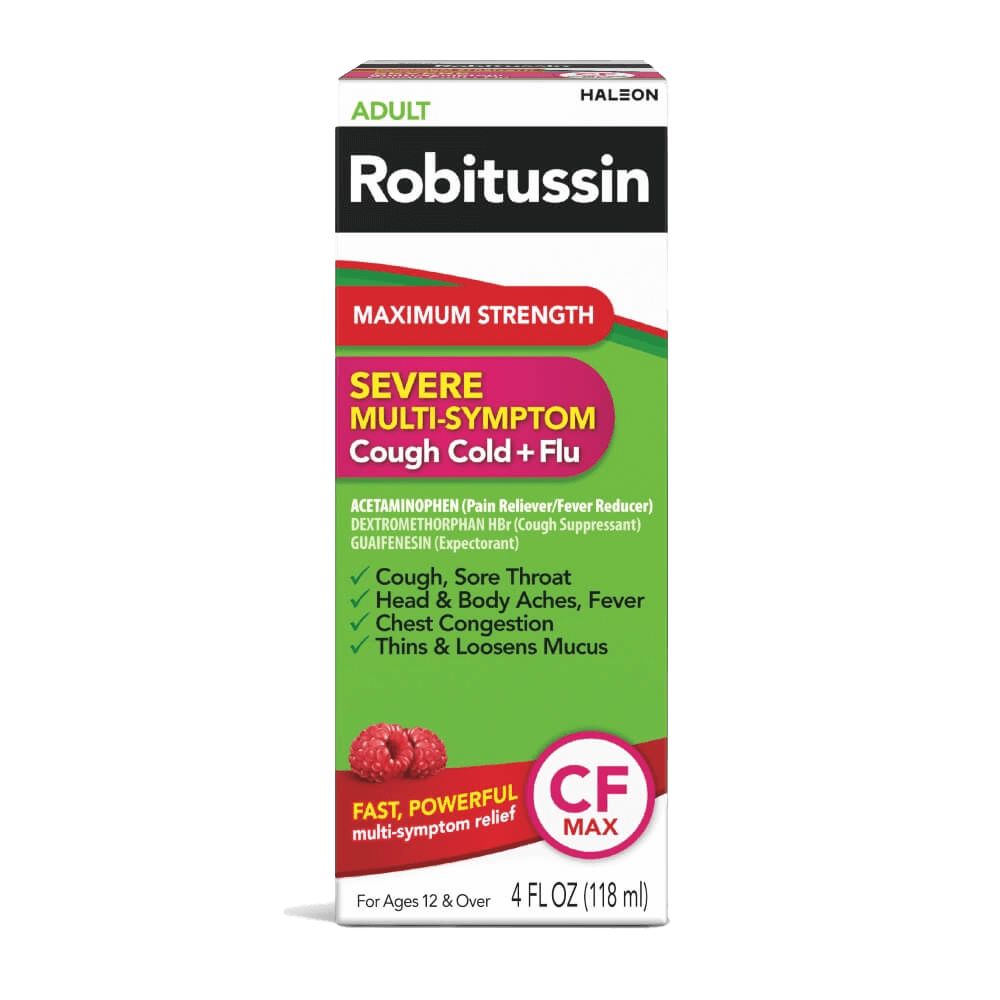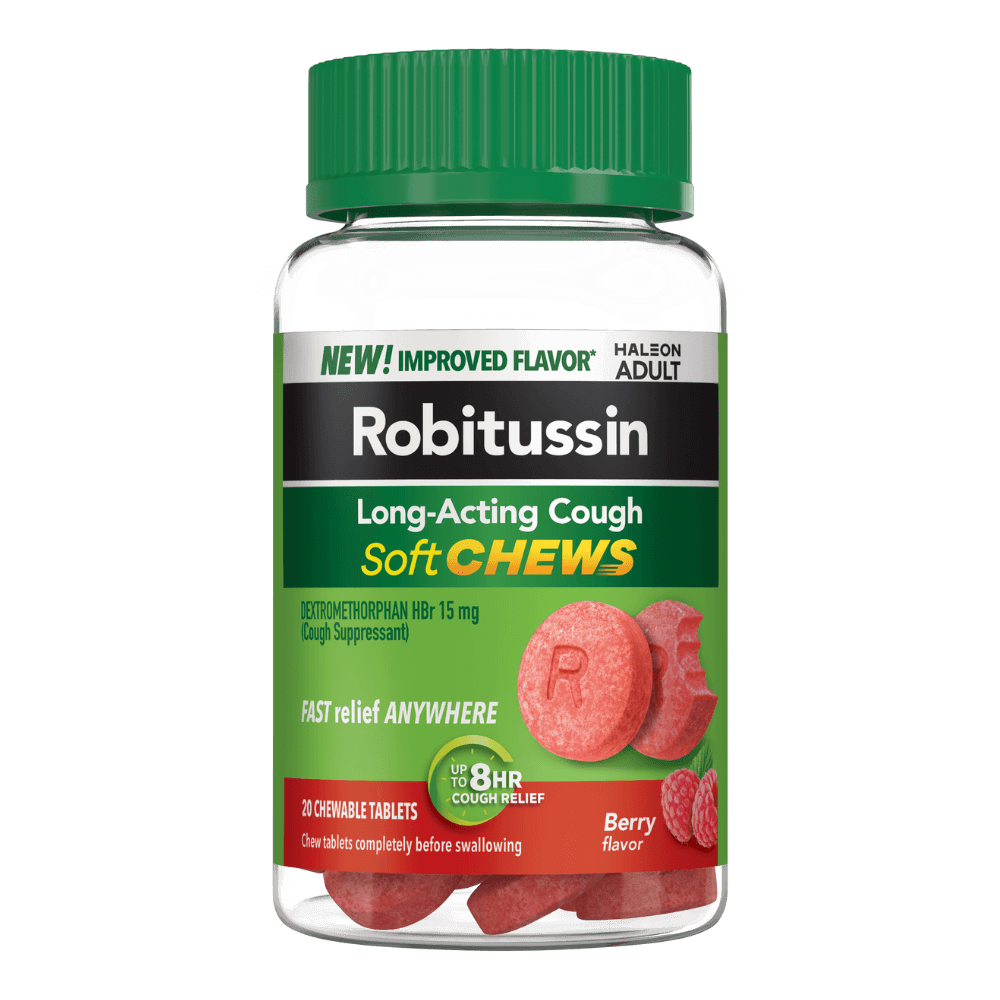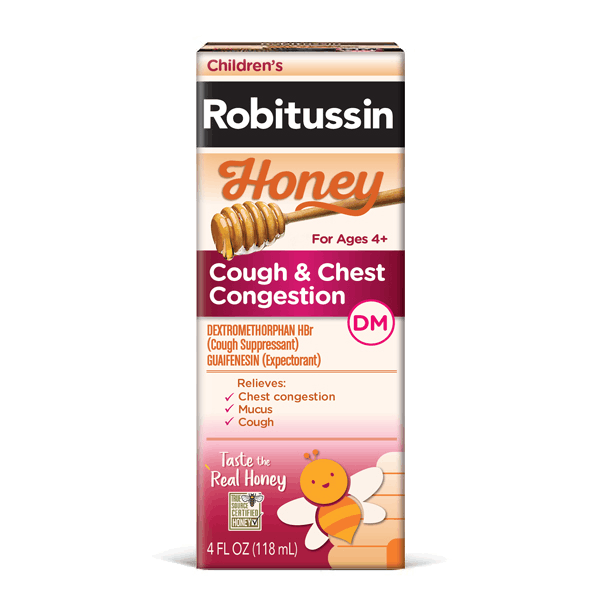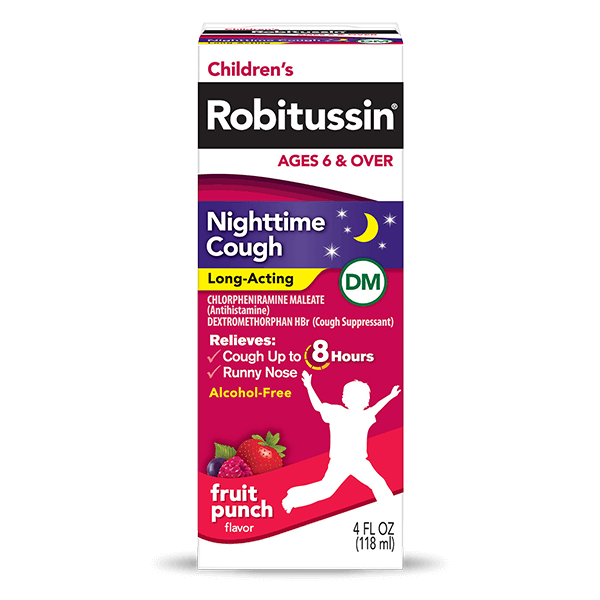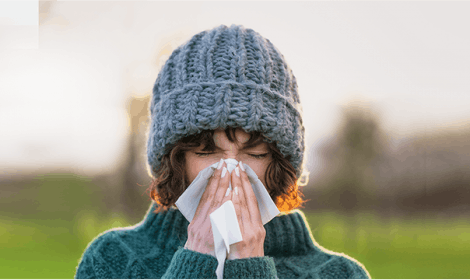Why Am I Coughing Up Mucus?
If you’re coughing up mucus, you’re probably having what’s known as a productive cough, or a cough that clears your airways.1 Phlegmy coughs can be attributed to several different underlying causes, so keep reading to explore them all.
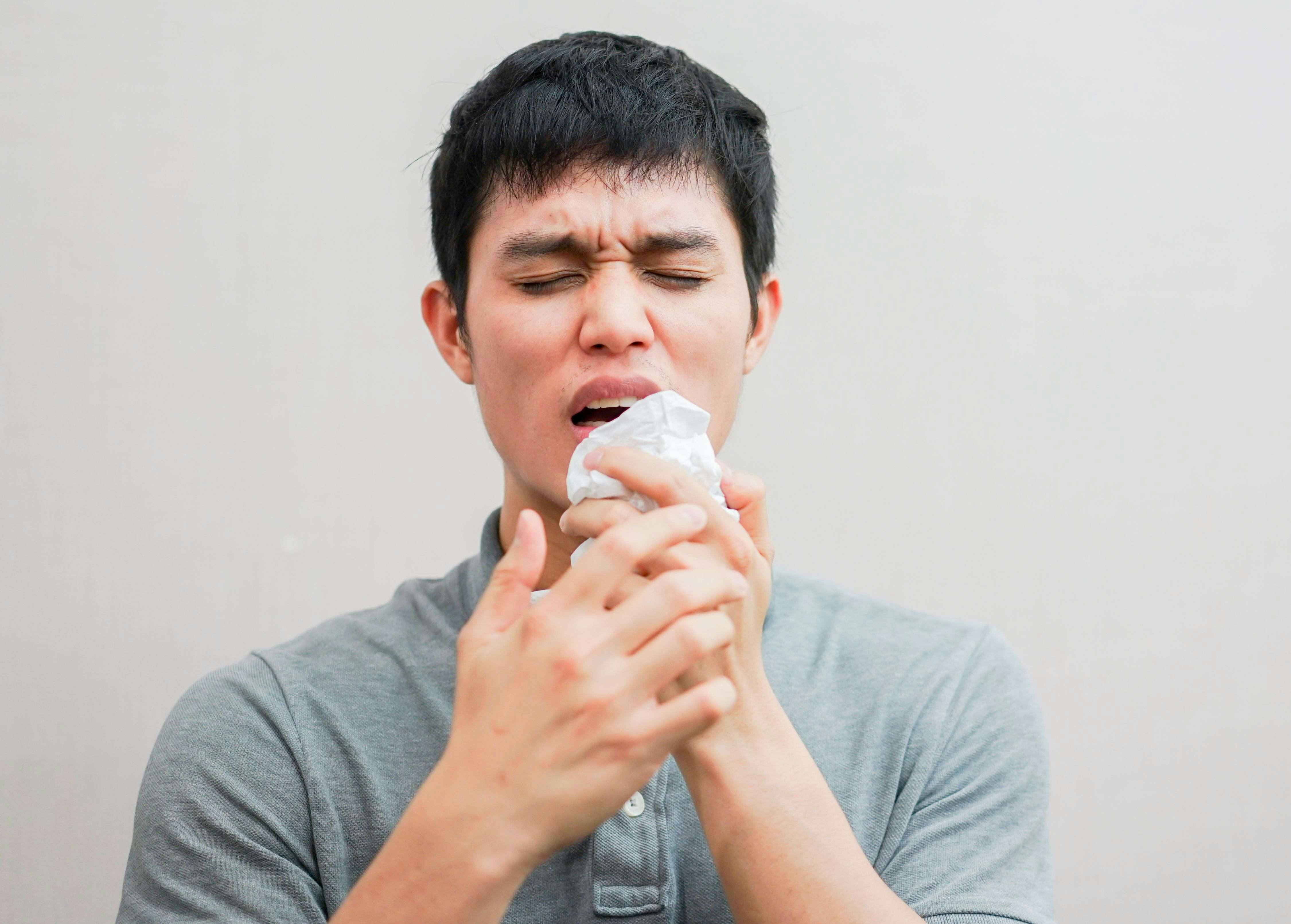
What Is Mucus?
Mucus, also known as snot or phlegm, is a protective substance that your body excretes from your mouth, nose, sinuses, throat and lungs. Mucus is largely made up of mucin—a viscous substance that forms a barrier or lubricant to protect the surface of your body.2 If you feel congested and start producing wet coughs, you probably have excess mucus in your throat or lungs.1
Why Am I Creating Excess Mucus?
You usually only notice your mucus when there’s too much of it or its consistency changes.3 There are a few potential causes of increased mucus production, including an infection. A viral infection inflames the mucus membranes lining your sinuses and causes them to produce more mucus. The mucus continues to thicken when certain cells and bacteria arrive to fight off the infection. Excess mucus production can cause a runny or stuffy nose, a cough or post-nasal drip, which is the feeling of mucus from the back of your nose running down your throat.3
What Does a Wet Cough Indicate?
There are a few different types of coughs, but the type of cough that produces mucus or phlegm is called a productive or wet cough. Usually, a wet cough is a symptom of some other type of ailment. Some of the most common causes of a wet cough include:3,4,5,6
- Allergies: Things like pollen, animal dander and dust can all cause allergy sufferers to create more mucus. When your allergies flare up, your airways start to produce histamines, which can cause sneezing, coughing and watery eyes.
- Common colds: Your body produces more mucus when you have a cold, and some of that mucus drains down your throat, causing post-nasal drip and a wet cough.
- Sinus infections: While a cold is a viral infection of the lungs and throat, a sinus infection is caused by bacteria. Sinus infections inflame the tissues that line your sinuses and cause them to produce extra mucus. Like a cold, if you experience post-nasal drip from a sinus infection, you might start coughing up mucus.
- Bronchitis: Air enters your lungs through your bronchial tubes. These tubes secrete mucus to trap irritants and other particles before they can get to your lungs. If they become inflamed and infected, your body produces more mucus to fight off the invaders. This can eventually lead to bronchitis and a severe cough.
What Does the Color of My Mucus Mean?
Mucus and nasal discharge come in a variety of different colors, including yellow, green, clear and more. A sinus infection or a cold can change the color of your mucus, but other factors, such as seasonal allergies, can do the same. The different shades of mucus are as follows:7,8
- Clear mucus: Mucus is usually clear due to its makeup of mucin, water, dissolved salt, proteins and antibodies. Your body produces clear mucus 24/7.
- White mucus: If you’re congested, your mucus might become thicker and cloudier. The flow of your mucus gets interrupted when your nasal passages are swollen, causing it to lose moisture and subsequently become more viscous.
- Yellow or green mucus: When the white blood cells in your mucus see a threat, they fight off the invaders using enzymes. These enzymes contain iron, which gives the nasal discharge its green or yellow color. Mucus that sits in your sinuses or chest can get darker the longer it’s there. This could be a sign that you have an infection, but other factors, such as how you’re feeling and whether you have a fever, should also be considered.
Now that you know the reason why you’re coughing up mucus, you can start to treat your symptoms accordingly. If you’re looking to temporarily relieve your cough and congestion, look no further than Robitussin Maximum Strength Honey Cough and Chest Congestion DM. If your little one is coughing up mucus, help them find temporary relief with Children’s Robitussin Honey Cough and Chest Congestion DM.
References
- Productive Coughs. My Health Alberta. https://myhealth.alberta.ca/Health/Pages/conditions.aspx?hwid=sig56243. Accessed 5/17/22.
- All About That Mucus: How it keeps us healthy. Science in the News. Harvard Health. https://sitn.hms.harvard.edu/flash/2018/mucus-keeps-us-healthy/#. Accessed 5/17/22.
- Marvels of Mucus and Phlegm. NIH News in Health. https://newsinhealth.nih.gov/2020/08/marvels-mucus-phlegm. Accessed 5/17/22.
- Treatments for post-nasal drip. Harvard Health. https://www.health.harvard.edu/staying-healthy/treatments-for-post-nasal-drip. Accessed 5/17/22.
- Sinus Infection. Causes, Symptoms & Treatment. ACAAI Public Website. https://acaai.org/allergies/allergic-conditions/sinus-infection/. Accessed 5/17/22.
- Bronchitis - Symptoms and causes. Mayo Clinic. https://www.mayoclinic.org/diseases-conditions/bronchitis/symptoms-causes/syc-20355566#. Accessed 5/17/22.
- Mucus Color: What Does it Mean? Cleveland Clinic. https://health.clevelandclinic.org/what-the-color-of-your-snot-really-means/. Accessed 5/17/22.
- Don’t judge your mucus by its color. Harvard Health. https://www.health.harvard.edu/blog/dont-judge-your-mucus-by-its-color-201602089129. Accessed 5/17/22.
